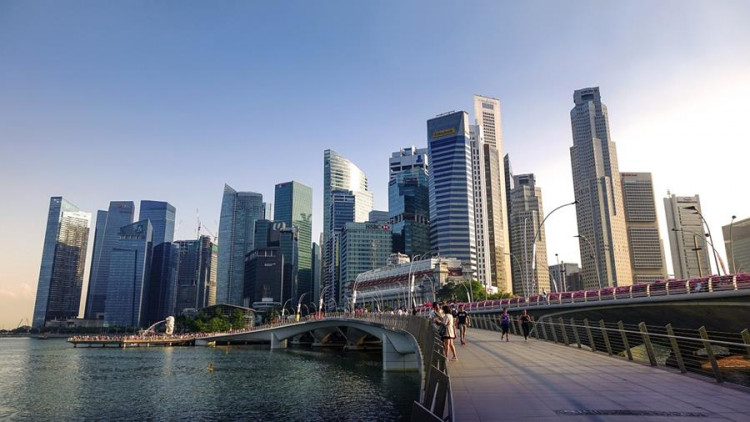Under a series of government regulatory policies, Singapore's housing prices have taken a downturn in the second quarter of this year, the first decline in three years, signaling a cooling in the real estate market.
According to preliminary data released by Singapore's Urban Redevelopment Authority (URA) on Monday, private home prices fell 0.4% quarter-on-quarter in the second quarter, following a 3.3% increase in the first quarter. This marks the country's first property price drop since the first quarter of 2020.
In recent years, Singapore's real estate market has boomed with a significant influx of global wealth, burdening many local residents. To control apartment prices, the government doubled the stamp duty for foreign buyers in April, from 30% to 60%, and also increased the tax on buyers of second-hand homes. Prior to the April adjustments, the Singaporean government had already introduced cooling measures for the property market twice, in December 2021 and September 2022.
However, Morgan Stanley predicts the slowdown to be temporary, expecting Singapore's house prices to continue rising in the second half of this year.
"We believe that the recent softening in home prices was driven by the latest round of property cooling measures in April. We expect home prices to continue to rise for the rest of the year," wrote Morgan Stanley analysts Wilson Ng and Derek Chang in a report on Monday.
The URA data shows that despite the dip in housing prices last quarter, transaction volumes increased by around 16% compared to the previous three months. Housing sales in May hit a new high for the year, as supply shortages eased with the introduction of new development projects.
Desmond Lee, Singapore's Minister for National Development, wrote in a Facebook post after the data release, "We continue to see signs of moderation in the property market and will continue to increase housing supply to meet demand."






